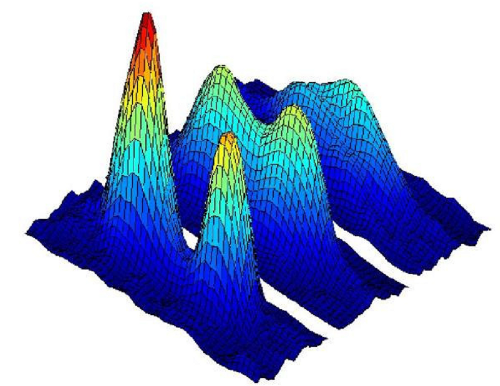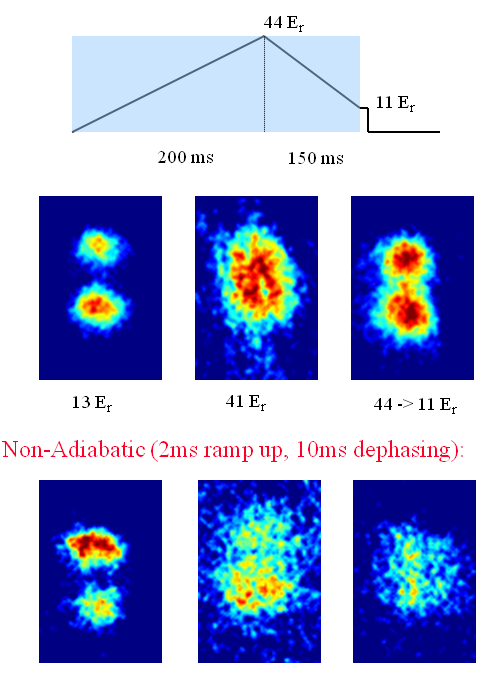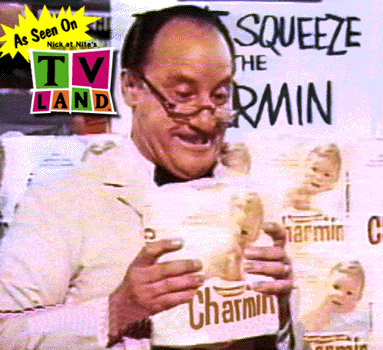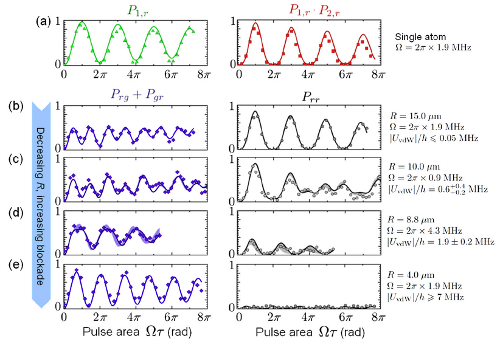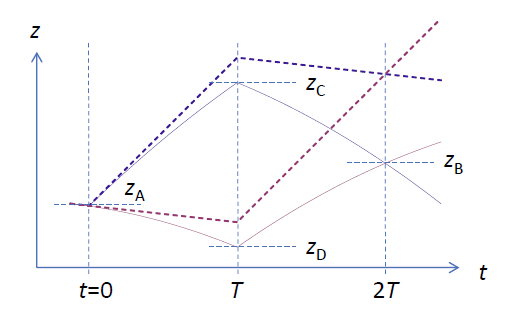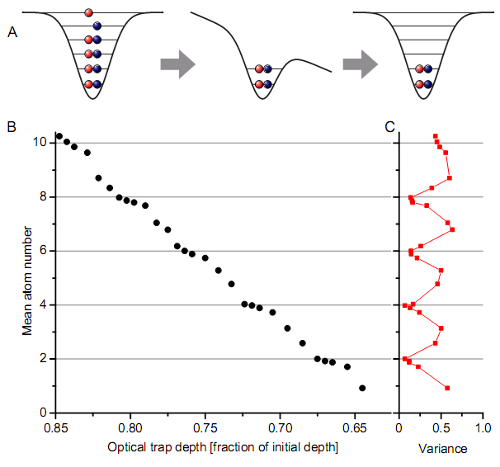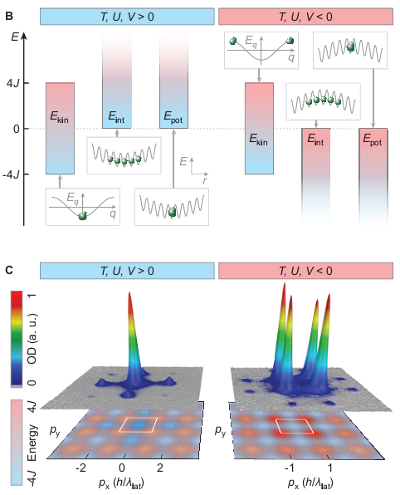One thing I left out of the making-of story about the squeezed state BEC paper last week happened a while after publication– a few months to a year later. I don’t quite recall when it was– I vaguely think I was still at Yale, but I could be misremembering. It’s kind of amusing, in an… Continue reading The Making of a Sign Error
Category: Quantum Optics
Photons Are Here to Stay, Deal With It
I spend a lot of time promoting Rhett Allain’s Dot Physics blog, enough that some people probably wonder if I get a cut of his royalties (I don’t). I’m going to take issue with his latest, though, because he’s decided to revive his quixotic campaign against photons, or at least teaching about photons early in… Continue reading Photons Are Here to Stay, Deal With It
The Making of “Squeezed States in a Bose-Einstein Condensate”
Yesterday’s write-up of my Science paper ended with a vague promise to deal some inside information about the experiment. So, here are some anecdotes that you would need to have been at Yale in 1999-2000 to pick up. We’ll stick with the Q&A format for this, because why not? Why don’t we start with some… Continue reading The Making of “Squeezed States in a Bose-Einstein Condensate”
My Claim to Scientific Fame: “Squeezed States in a Bose-Einstein Condensate”
In Monday’s post on squeezed states, I mentioned that I really liked the question because I had done work on the subject. This is, in fact, my claim to scientific fame (well, before the talking-to-the-dog thing, anyway)– I’m the first author on a Science paper with more than 500 citations having to do with squeezed… Continue reading My Claim to Scientific Fame: “Squeezed States in a Bose-Einstein Condensate”
What Is Squeezing?
In the Physics Blogging Request Thread the other day, I got a comment so good I could’ve planted it myself, from Rachel who asks: It’s a term I see used a lot but don’t really know what it means – what is a “squeezed state”? What does “squeezing” mean? (in a QM context of course…)… Continue reading What Is Squeezing?
Atom by Atom Interaction: “Direct Measurement of the van der Waals Interaction between Two Rydberg Atoms”
I’m always a little ambivalent about writing up papers that have also been written up in Physics: on the one hand, they make a free PDF of the paper available, which allows me to reproduce figures from the paper in my post, since I’m not breaking a paywall to do it. Which makes it much… Continue reading Atom by Atom Interaction: “Direct Measurement of the van der Waals Interaction between Two Rydberg Atoms”
Of Controversies and Clocks
A few months back, I got a call from a writer at a physics magazine, asking for comments on a controversy within AMO physics. I read a bunch of papers, and really didn’t quite understand the problem; not so much the issue at stake, but why it was so heated. When I spoke to the… Continue reading Of Controversies and Clocks
Few-Body Systems: Cooler Than You Might Think
Hey, dude? Yeah, what’s up? I’m not normally the one who initiates this, but I was wondering: When you were at DAMOP last week, did you see any really neat physics? Oh, sure, tons of stuff. It was a little thinner than some past meetings– a lot of the Usual Suspects didn’t make the trip–… Continue reading Few-Body Systems: Cooler Than You Might Think
Experiments Are Not Afterthoughts
There’s been a bunch of talk recently about a poll on quantum interpretations that showed physicists badly divided between the various interpretations– Copenhagen, Many-Worlds, etc.– a result which isn’t actually very surprising. Sean Carroll declares that the summary plot is “The Most Embarrassing Graph in Modern Physics, which I think is a bit of an… Continue reading Experiments Are Not Afterthoughts
How Do You Make Negative Temperatures, Anyway?
Last week’s post talked about the general idea of negative temperature, with reference to this much-talked-about Science paper (which also comes in a free arxiv version from which the figures used here are taken). I didn’t go into the details of how they made a negative temperature gas, though, and as it’s both very clever… Continue reading How Do You Make Negative Temperatures, Anyway?

